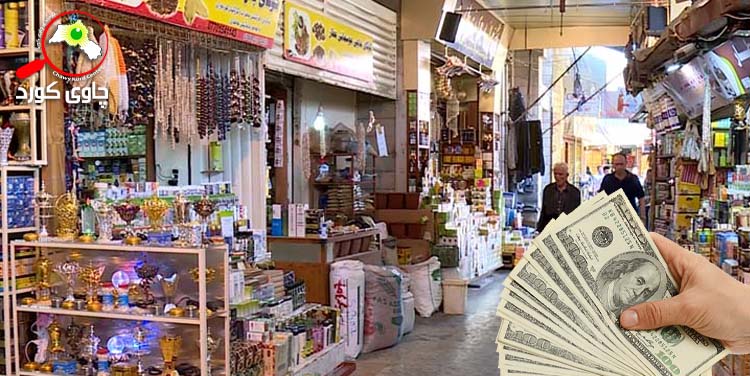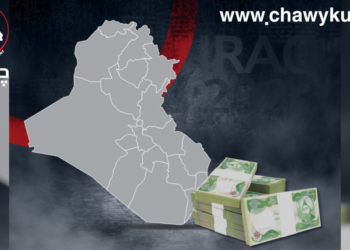The purpose of this article is to concentrate on the impact of insurance on the economy in general and the financial sector in particular. According to historical sources, since ancient times; People followed the rule of insurance. In one of the books of “Talmud”, it is written, “If someone loses his donkey, he must be given another one”, and then according to Laws of Hammurabi (18) “The caravans and merchants must compensate together for the damage that may be caused by the attacks of the road-blockers.” Later, in 916 BC, in ancient Greece, the system and mechanism of insurance and the amount of compensation for merchants was developed for the first time.
Due to the development of the economy and the emergence of cities in the middle Ages, insurance gradually developed, so that several companies and professional organizations in the field of insurance such as; the organization of traders and professionals, the organization of farmers, the organization of thieves and gangsters. The main task of these organizations was; collecting a sum of money from their members to compensate them in the event of any uncertainty about their property and personal status.
The stages of insurance development in Europe divided into three main stages:
First: the stage of capital accumulation.
Second: the stage of the emergence of the capitalist system and the emergence of competition.
Third: the stage of monopoly and capital concentration.
“Insurance in the Kurdistan Region”
First of all, I can say; The Kurdistan Region has not yet seen an independent insurance industry, and we cannot talk about Kurdish insurance companies. However, many conditions are financially favorable for this purpose. What are those conditions?
We have seen that the initial process of capital accumulation has ended, a relatively favorable situation for business has emerged, and the investment process is growing despite all its shortcomings. However, except for the housing and construction sectors, most other economic sectors are growing slowly. On the eve of the economic recovery in the Kurdistan Region, financial policy has being outside the process. Economic process in any country requires the efficiency of the financial sector, banking and insurance systems.
In short, we can say; insurance as an economic activity is “financial intermediation and plays a role in raising money to protect human and national assets and contribute to the formation of real capital”. What is clear is that all countries have financial markets, but their mass and influence vary from place to place. In fact, financial institutions in developed economies, in addition to their duties, such as compensation for losses related to insurance companies, are responsible for collecting, preparing and allocating financial resources, thus making a real contribution to the formation of real capital and economic growth. One of the obvious benefits of ensuring the type of beneficiary of the affected person, for example; Building owners – drivers – flights – warehouses – patients. When paying insurance to the destination, the public-private sector benefits if the owner of one of these is injured with a certain amount, which is very useful for the victim in the event of accidents.





























































